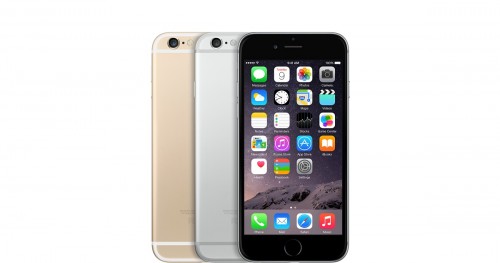Millennials have come of age and are set to take over the economy. Here at the Reynolds Center, we want to stay on top of everything to do with millennials. We’re launching a regular series, Millennials and Money, which will look at key issues affecting people born after 1980.
The Pew Research Center published a study last week announcing that millennials (defined as between the ages of 18 and 34 in 2015) will outnumber baby boomers this year in the United States, overtaking the position as the largest living generation with 75.3 million people. Despite their $1 trillion in student loan debt, millennials are redefining career and financial success, which is grabbing the attention of businesses and retailers.
Once viewed as lazy, immature and self centered, attitudes towards the millennial generation are changing as they enter adulthood and demonstrate their ever-growing purchasing power, which currently amounts to $200 billion a year.
But because so much of millennial culture is redefining traditional businesses and the economy, who benefits from the continued boom in their population? We’ve compiled a list of the biggest winners and losers in the growing millennial market. Today, we bring you the winners.
- Tech companies: Go out and find someone between the ages of 18 and 34 and they’re sure to have an iPhone, tablet or laptop computer in their bag or pocket. Having grown up on computers and devices that are now portable and easy to use, it’s no secret that millennials go out of their way to purchase technology. Dan Schawbel of Millennial Branding partnered with Elite Daily and interviewed 1,300 millennials. They found that 87 percent of those interviewed use between two to three devices on a daily basis. On top of that, 39 percent said they are very or completely likely to purchase a tablet computer in the next five years. Of those, 30 percent would like to purchase wearable devices, like the iWatch. Technology has integrated its way into how millennials go about their day, and that isn’t set to change anytime soon.
- Car sales: The “sharing” culture is big for millennials and has swayed their opinions from ownership towards renting. That sentiment seems to be changing, however, when it comes to vehicles. The same survey found that 71 percent of the millennials interviewed would rather buy than rent a car. The generation is turning away from home ownership (more on that in the next Millennials and Money) because they can’t afford it, but they can afford cars. As Schawbel writes for Forbes.com, “A car is cheaper and they need one to get around even if they’re still in their parents basement.” That might not be the best investment strategy, but there is a limit to what independence young people will give away. While public transportation and biking are popular ways to get around with this generation, freedom still has four wheels.
- Media (especially new media): Millennials have less interest in the traditional newspaper than their parents and broadcast stations are afraid they will soon cut the cord from television as well. Still, the generation spends a lot on media and a surprising amount on television, according to the Deloitte consulting firm. The firm reports that millennials will spend $62 billion on media in North America in 2015. Of course, a large amount comes from the cost of connecting to new types of media. Dawn Chmielewski at Re/code writes that “the typical millennial … will spend roughly $3,000 a year on hardware and connectivity.” Deloitte averages out the total amount spent on media to $750 per millennial. It breaks that spending down even farther to show their top media spending habits, including an average per year of $316 for pay-TV, $125 for music and $100 on video games.









